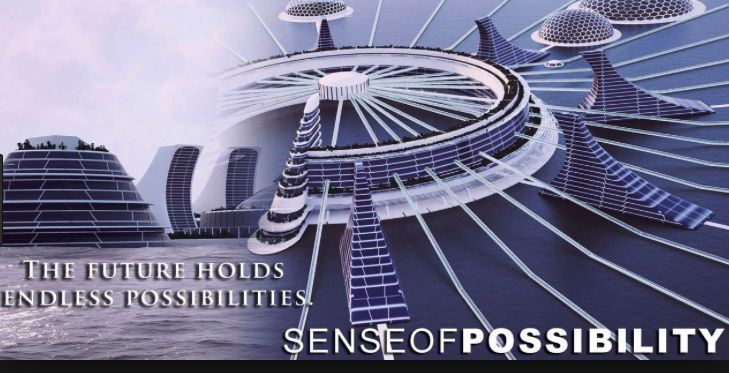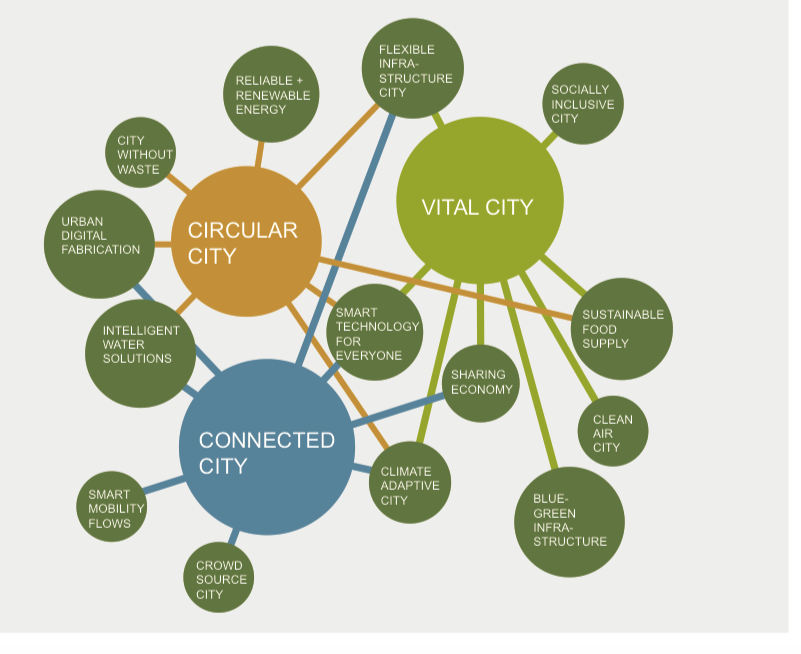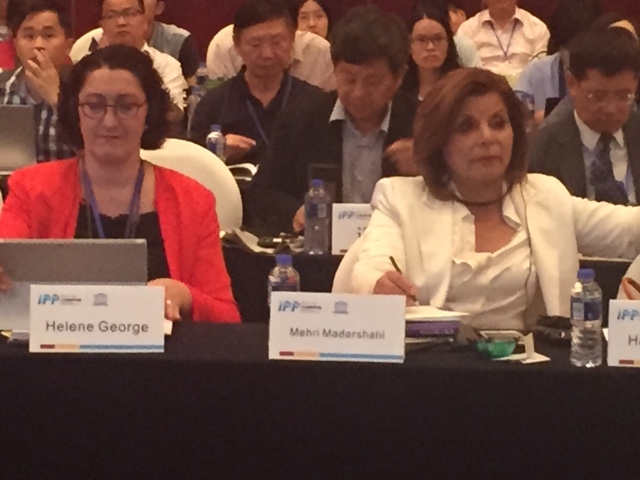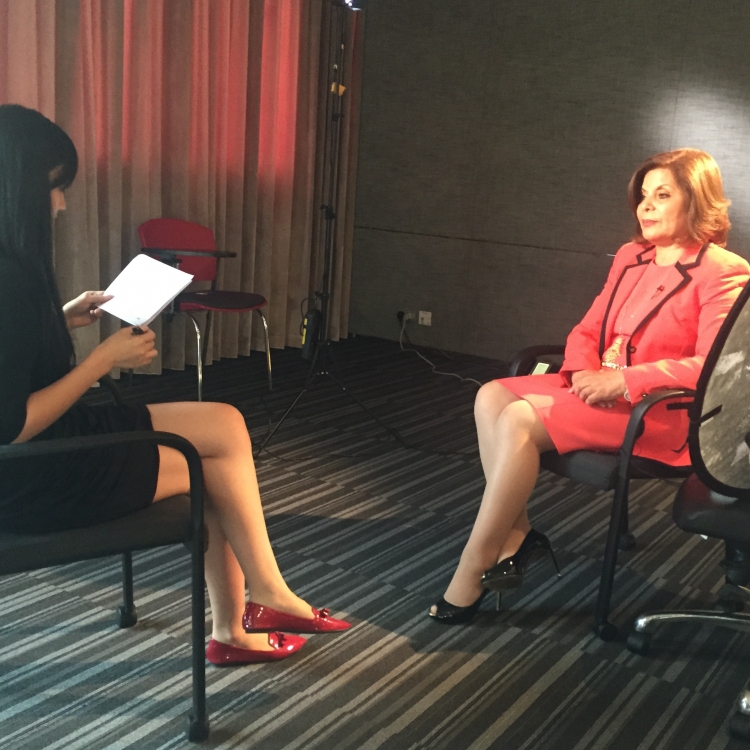08/18/2018
The latest global economic outlook points to an ongoing restructuring of the global urban system. The key concern lies in, in relation to sustainable urban development, unlocking the transformative power of cities. Thanks to the economies of scale in metropolises, many cities in the developing world today—including even the megacities in the developed world—remain densely populated. According to World Cities Report 2016released by UN-Habitat, the top 600 cities, which are home to almost one fifth of the world’s population, make up 60 percent of global gross domestic product (GDP); mega-cities with population of over 10 million people had risen from 14 in 1995 to 28 in 2015, 22 of which were in Latin America, Asia, and Africa. The world’s largest metropolitan circle, namely, the Tokyo metropolitan areacontinues to boom while remaining economically dense as the full-fledged mega-cities of London and Paris are successful in turning the tide on population decline. Hence, a new round of global urban expansion offers tremendous potential for economic development. However, if left unmanaged, issues ranging from market failure, climate change, social inequality and security dilemma to migration crisis could undermine the long-term sustainable development of global metropolises.






